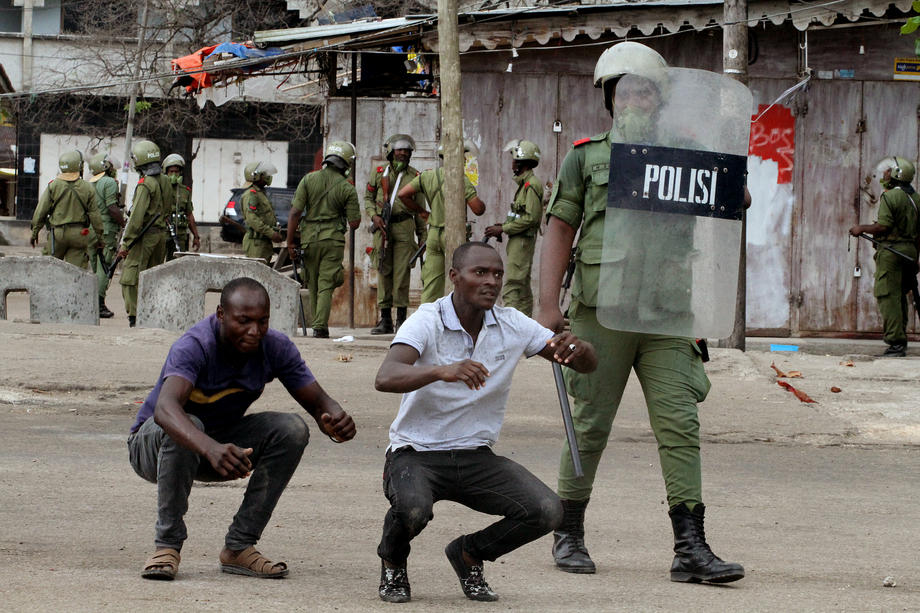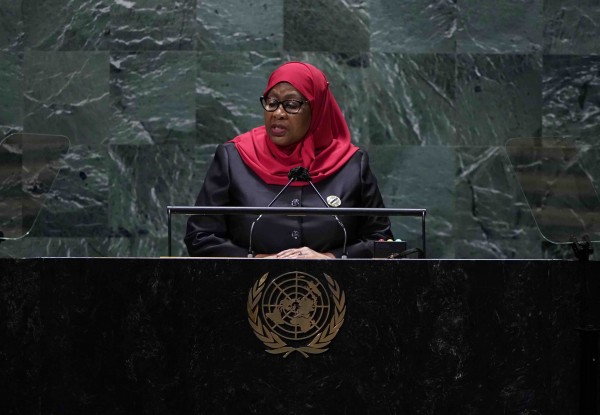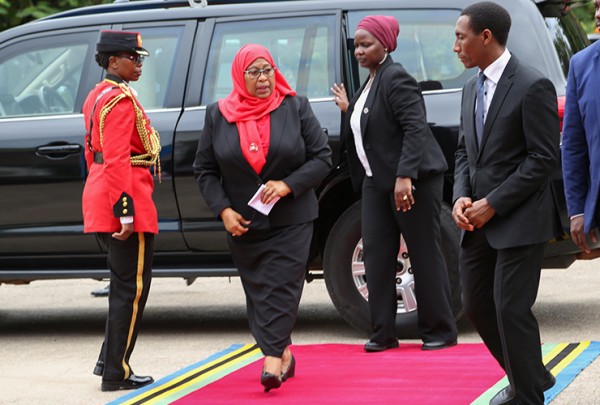The government of Tanzania must allow the media to freely to cover the country’s October 28 presidential and national legislative elections, the International Press Institute (IPI), a global network of editors, media executives and leading journalists for press freedom said.
Tens of millions of Tanzanians will be voting on October 28 to elect a president and the 264 members of the National Assembly. The incumbent president, John Magufuli, is contesting for a second term against seven other candidates.
“The government should allow journalists to cover the elections and the counting of votes without any fear and hindrance”, IPI Director of Advocacy Ravi R. Prasad said. “Over the years, intimidation, arrests and harassment of journalists and independent media houses have spiralled in the country. This is the opportunity for the government to amend its ways and uphold press freedom.”
Press freedom groups and journalists in Tanzania have accused the government of silencing its critics ahead of the elections. A recent report released by the Tanzania Election Watch, a regional initiative for independent monitoring of elections, has cited multiple incidents of press freedom violations and harassment of journalists.
In August, the Tanzanian government announced that local media would not be allowed to use content produced by foreign media organizations. According to the regulations, media organizations will have to seek permission from the government to use such content. Also, foreign journalists, who collaborate with local counterparts, will apparently have to seek approval from the government and will have to be accompanied by a government official.
The new regulations, issued by the country’s telecommunications regulator TCRA, also prohibited media organizations from publishing or disseminating news about the COVID-19 pandemic without the approval of the government. Similarly, in an order issued on July 17, authorities made it illegal to post messages on social media platforms that tarnish the reputation of Tanzania.
In June, the government banned the printing and distribution of Tanzania Naima daily, accusing the newspaper of flouting national laws and journalism ethics.
In March 2019, the East African Court of Justice had ruled that the Media Services Act 2016, under which the newspaper was banned, violates press freedom and the protocols of the East Africa Treaty.
Despite this ruling Tanzania has continued to use the Media Services Act to ban newspapers. In 2019, several newspapers were banned from publication, including Mwananchi, Mtanzania and Raia.
IPI has previously expressed concern about the potential threat the Media Services Act poses to media freedom as part of the crisis facing press freedom in Tanzania under President John Magufuli. IPI has repeatedly urged the government to take actions to uphold press freedom in the country.



